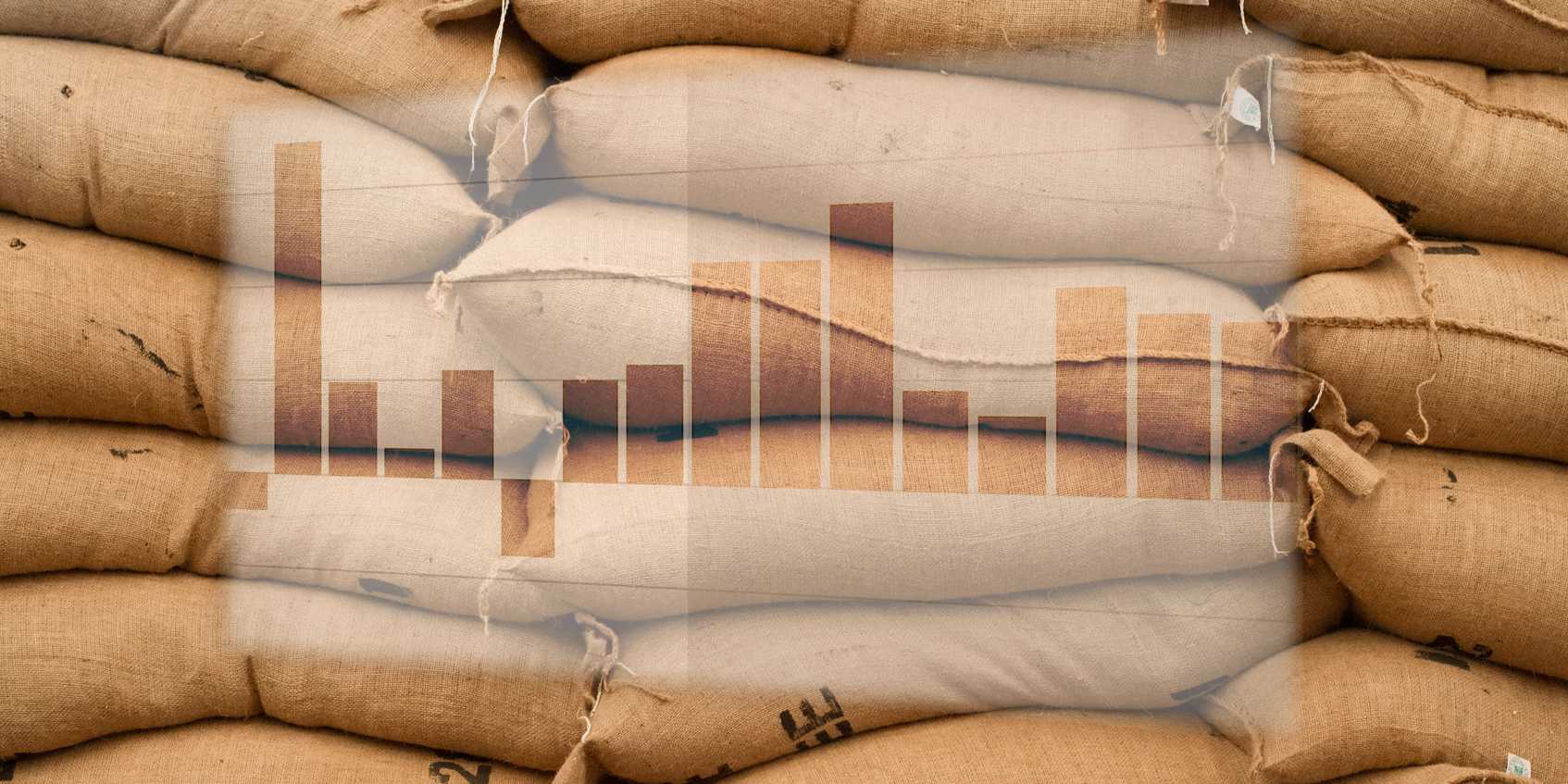
Global economic weakness hampering Swiss economy
For 2024, KOF is forecasting a 1.2 per cent increase in gross domestic product (GDP) adjusted for sporting events. The sluggish global economy and declining investment in particular are slowing the growth of the Swiss economy. The outlook for 2025 is more positive, with a growth rate of 1.8 per cent in sport-adjusted GDP being forecast.
The Swiss economy is growing only modestly in the first half of 2024. KOF does not expect the economy to pick up until the second half of the year when international demand recovers. Although GDP growth remains weak, solid employment growth and continually low unemployment are anticipated during the forecast period. In addition, real wage increases are expected following the declines of recent years. This will boost purchasing power and, together with population growth, should support private consumption.
Declining investment in equipment is putting a damper on the economy
In addition to the sluggish global economy, decreasing capital spending on equipment is also dampening the Swiss economy. This decline has extended to almost all capital goods. Investment in equipment has recently fallen back to pre-pandemic levels. Although this partly constitutes a normalisation after the above-average years following the pandemic, it also reflects the current weakness in capital spending. The investment climate has cooled considerably – particularly in manufacturing. However, current surveys show that the investment outlook is gradually brightening.
Construction investment remains weak, but recovery is in sight
Construction spending in Switzerland remains low this year. This is due to the decline in residential construction investment and the continuing weakness of spending in the manufacturing, commercial and service sectors. However, large-scale projects in civil engineering and public infrastructure are supporting the sector, which makes a recovery in construction investment likely next year.
Rising healthcare costs weakening purchasing power
KOF is forecasting a modest increase in private consumption for 2024. Rising prices, particularly in the first half of the year, and higher expenditure on compulsory health insurance will have a negative impact on purchasing power. Nevertheless, the continuing buoyant labour market and population growth are boosting consumption overall, even if consumer spending and per-capita disposable income are falling slightly. Households’ spending is expected to increase in the coming year. This trend will be supported by a gradual levelling-off of inflation and a sharper rise in disposable incomes.
Service sector performing better than manufacturing industry
Positive stimulus for the Swiss economy is coming from a number of service sectors. These include the hospitality industry, healthcare, and financial and insurance services. The situation remains challenging for export-focused industrial companies in particular. On the other hand, the pharmaceutical sector is reporting an improvement in its business.
SNB leading the way on monetary policy, lowering its key interest rate at its March meeting
Against the backdrop of falling inflation and weak economic momentum, the Swiss National Bank decided to cut interest rates to 1.5 per cent at its March meeting. Its counterparts in the United States, the eurozone and the United Kingdom are keeping a close eye on service prices in particular and are expected to start lowering key interest rates around the middle of the year. The Bank of Japan’s rate hike was a historic decision, signalling the end of its negative interest rates.
Swiss labour market remains in good shape
The job market in Switzerland recorded solid growth in the fourth quarter of 2023. At the start of 2024 the labour market remains in good shape and the outlook is consistently positive according to leading indicators. KOF is forecasting continued robust employment growth despite the moderate increase in GDP, although unemployment is likely to rise slightly. This is partly due to modest growth in employment in sectors with traditionally higher unemployment rates. However, unemployment will remain below historical averages throughout the forecast period.
International economy: US remains resilient, Europe going through a weak phase
The global economy performed below average in the fourth quarter of 2023, with considerable regional variations. The US proved to be economically robust thanks to continued strong consumer spending. The European economies, particularly Germany, are enduring a phase of economic weakness. Despite short-term challenges due to high inflation and tough funding conditions, an economic recovery is expected in the second half of 2024. Swiss imports and exports should then benefit from the rebounding global economy and rising investment in equipment.
Inflation and geopolitical conflicts pose a risk to the forecast
Forecasting risks are predominantly negative, characterised by the danger that unforeseen second-round effects could prevent core inflation from falling any further. In this event, central banks would be forced to refrain from cutting interest rates in order to keep inflation under control. This could jeopardise the expected recovery in global economic demand. In addition, intensifying geopolitical conflicts – such as the ongoing wars in Ukraine and the Middle East – threaten to drive up energy prices and fuel uncertainty in international trade.
Downloads
Download Press release (PDF, 91 KB)
Download Detailed report in German (PDF, 723 KB)
Find all the forecast details in our interactive visualization tool.
Contact Swiss Economy
KOF Konjunkturforschungsstelle
Leonhardstrasse 21
8092
Zürich
Switzerland
Contact International Economy
KOF Konjunkturforschungsstelle
Leonhardstrasse 21
8092
Zürich
Switzerland